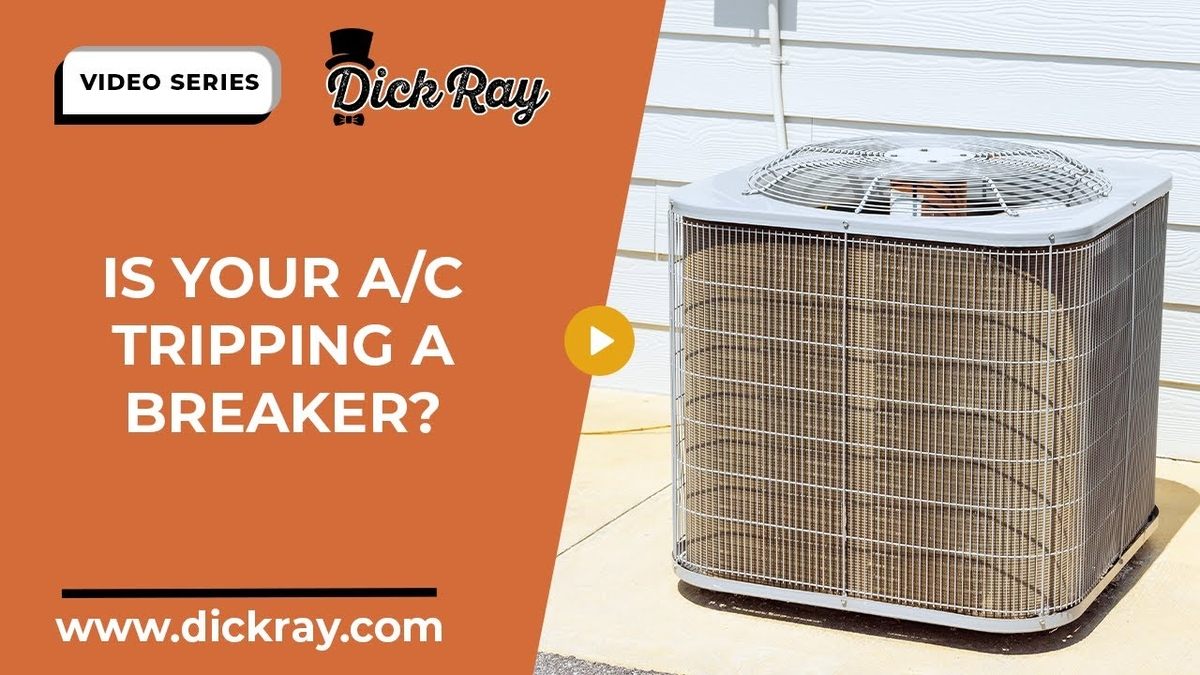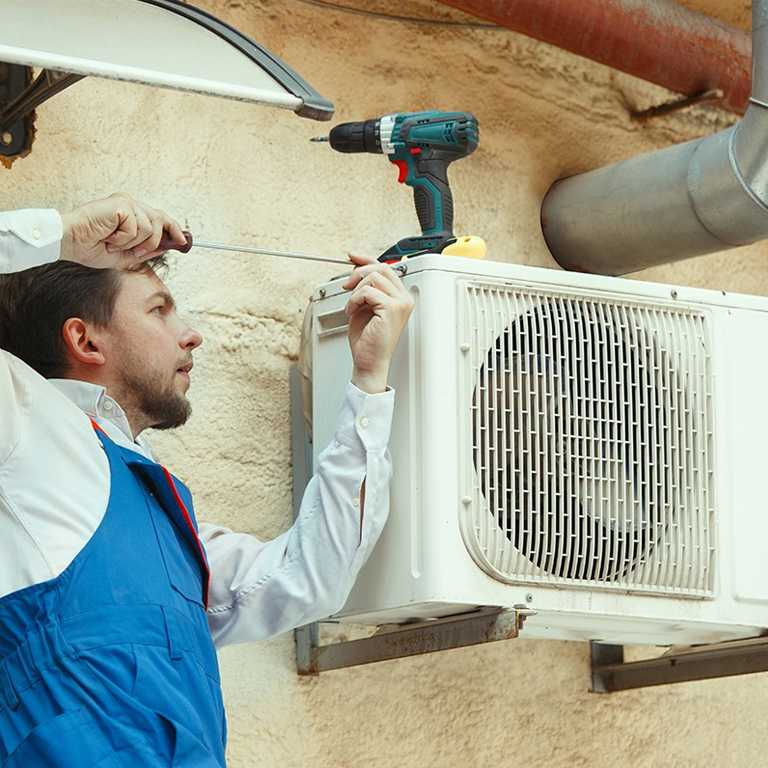The longevity of your water heater depends on a critical component that often goes unnoticed: the anode rod. This metal rod plays a vital role in preventing rust and corrosion inside your water heater tank. While it works silently in the background, it has a limited lifespan and requires regular attention.
In this article, we’ll explain the purpose of the anode rod, how it works, and when it should be replaced to ensure your water heater continues to operate efficiently and reliably.
What is a Water Heater Anode Rod and Why Does It Matter?
The anode rod in your water heater is a metal rod, typically around four feet long, that is designed to protect the inner lining of your water heater’s tank. It works by attracting corrosive elements present in your water, allowing the rod to corrode instead of your water heater tank. This process is called “sacrificial protection” because the rod essentially sacrifices itself to save your tank from rust and corrosion.
Over time, the anode rod deteriorates, and once it’s consumed, your water heater becomes vulnerable to corrosion, which can eventually lead to leaks. That’s why knowing when to change your water heater anode rod is crucial for extending the life of your system.
How Often Should You Check Your Anode Rod?
It’s recommended to check your anode rod at least once a year. The frequency of replacement depends largely on the quality of your water. If you have particularly hard water or use a water softener, your anode rod may wear out faster, and you’ll need to replace it more frequently. In some cases, the anode rod may be nearly depleted within six months if your water quality is especially harsh.
Signs Your Anode Rod Needs to Be Replaced
There aren’t many visible signs that tell you the condition of your anode rod, making it tricky to determine when it needs replacing without pulling it out for inspection. However, here are a few factors to consider:
- Age of the Water Heater: If your water heater is over five years old and you’ve never replaced the anode rod, it’s time to check it.
- Water Quality: If you know your area has hard water, or if you use a water softener, you should check the anode rod more frequently. Water softeners, while helpful, can accelerate the corrosion process.
- Rusty Water: If you start noticing rust-colored water, it could mean that the anode rod is no longer effective, and your tank is beginning to corrode.
How Long Does an Anode Rod Last?
An anode rod typically lasts anywhere from three to five years, depending on your water quality and usage. However, in homes with particularly hard water or where a water softener is in use, the lifespan of the rod can be significantly reduced. In extreme cases, we’ve seen rods that look years old after just six months of use.
What Happens If You Don’t Replace the Anode Rod?
Failing to replace the anode rod can lead to your heater tank corroding much faster than expected. Without the protection of a functioning anode rod, your water heater is more likely to develop leaks, possibly requiring a full replacement much sooner than expected. If the rod is entirely gone, you could be looking at serious problems within five to six years, even if your water heater was expected to last much longer.
The Impact of Water Softeners on Anode Rods
Water softeners, while helpful for reducing hard water stains and extending the life of plumbing fixtures, can actually be harder on your water heater’s anode rod. The softened water accelerates the corrosion of the rod, meaning you’ll need to replace it more frequently. In fact, some manufacturers may even void part of your water heater warranty if you use a water softener and fail to regularly check the anode rod.
If you have a water softener, it’s a good idea to check the rod every year and replace it as needed. Doing so can help extend the life of your water heater far beyond what the manufacturer’s warranty might indicate under normal circumstances.
When to Replace the Water Heater Anode Rod
So, how do you know when it’s time to change your water heater anode rod? Here’s a simple checklist to guide you:
- Check the Rod Annually: Even if your water heater is relatively new, you should inspect the anode rod once a year to assess its condition.
- Consider Your Water Quality: If you have hard water or use a water softener, plan on replacing the rod every year or as often as necessary.
- Look at the Age of Your Water Heater: If your water heater is five years old or more, it’s likely time to replace the anode rod even if you haven’t experienced any issues yet.
- Prevent Future Leaks: By replacing the anode rod regularly, you’re protecting your water heater from the kind of corrosion that leads to leaks and costly replacements.
Steps to Replace the Anode Rod
- Turn Off the Water and Power: Before you begin, make sure to turn off the water supply and power to your water heater.
- Locate the Anode Rod: The anode rod is usually located on the top of the heater. You may need to disconnect some water pipes to access it.
- Remove the Old Rod: Use a wrench to unscrew the old anode rod from the heater.
- Install the New Rod: Insert the new rod into the water heater and tighten it securely.
- Reconnect Pipes and Restore Power: Once the new rod is in place, reconnect any pipes and restore the power and water supply to your heater.
If you’re unsure about replacing the rod yourself, don’t hesitate to contact a professional for assistance.
In Summary
Replacing your water heater anode rod is a simple yet effective way to extend the life of your water heater. By regularly checking and replacing this sacrificial rod, you can prevent leaks and save yourself from the costly repairs associated with a corroded tank. If you have questions about your water heater or need help with replacement, contact us for expert advice and service.






